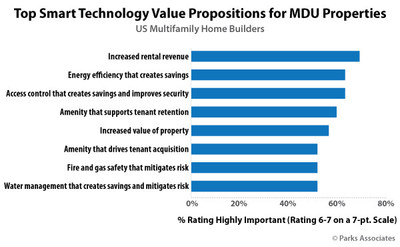Improving MDU Internet Protection Through the Tactical Implementation of VPNs
Improving MDU Internet Protection Through the Tactical Implementation of VPNs
Blog Article

In the current online world, ensuring the safety of online links is crucial, especially in Multi-Unit Buildings (MDUs) such as flat complexes and condo . Residents in these shared environments often link to the same network, which can render them susceptible to online threats. One efficient way to improve online security in MDUs is through the strategic implementation of Virtualized Secure Connections (VPNs). VPNs establish a secure connection over the internet, allowing individuals to safeguard their personal information and maintain confidentiality while browsing.
A VPN functions by coding the data that travels between a client’s device and the internet. This means that even if someone attempts to capture the information, they will not be able to access it. For inhabitants in MDUs, using a VPN can significantly reduce the threat of information leaks and illicit entry to personal information. By encrypting their internet data flow, individuals can navigate the internet, watch videos, and communicate online without worrying about hackers or other malicious actors. This added level of protection is particularly crucial in environments where many people share the same internet connection.
Alongside safeguarding private information, VPNs can also assist tenants reach material that may be limited in their area. Many broadcasting platforms and sites restrict entry based on geographic area. By employing a VPN, users can connect to nodes in different nations, enabling them to overcome these barriers and access a broader variety of internet content. This feature can be particularly appealing to residents who want to access international news, entertainment, or educational resources that may not be available in their area.
Implementing VPNs in MDUs can also foster a feeling of togetherness and confidence among tenants. When all in a complex employs a VPN, it creates a more protected environment for sharing information mdu security policy development and resources. Residents can feel more comfortable utilizing shared networks for activities like online banking or purchasing, realizing that their information is safe. Additionally, building administrators can promote the adoption of VPNs as part of their comprehensive safety strategy, helping to create a safer living space for everyone.
To conclude, the strategic implementation of VPNs in Multi-Dwelling Units is an efficient way to improve online security for tenants. By coding data, offering entry to restricted material, and cultivating a sense of togetherness, VPNs provide numerous advantages that can enhance the online interaction for all. As cyber dangers persist to evolve, it is crucial for inhabitants and property administrators to prioritize internet safety and consider the advantages that VPNs can provide. Adopting this technology can lead to a more secure, more connected residential space for everyone.